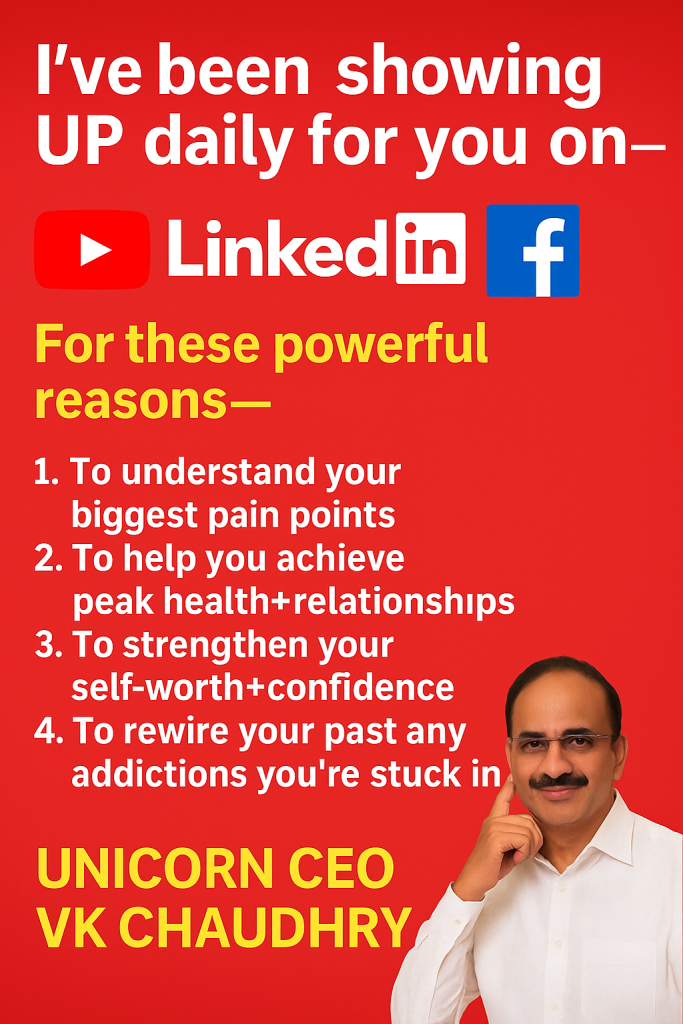Discover how food adulteration in India threatens health and safety, from common contaminated foods to simple home tests. Learn why vigilance matters and find practical tips to protect your family from hidden dangers on your plate.

Understanding Food Adulteration
Food adulteration affects not just what we eat, but how safe we are as a society. In simple terms, it’s the intentional addition of cheap, harmful, or fake substances to food to increase profit or shelf life. This violation of trust has now become a national public health challenge, particularly in countries like India, where reports of contaminated staples and silent health consequences are increasing annually.
How Common Is It?
According to government data, nearly 28% of food samples tested in 2022 failed to meet safety standards, highlighting the widespread impact of this issue. Products such as milk, paneer (cottage cheese), honey, spices, and oils have been commonly found to contain dangerous or substandard substances. In Noida and Greater Noida, 83% of paneer samples recently failed quality checks, with 40% labelled outright unsafe for consumption.
What Lies Inside Our Food?
Here’s a look at frequently adulterated foods and the risks they carry:
| Food | Typical Adulterant | Health Impact |
|---|---|---|
| Milk | Water, detergent, urea | Digestive issues, kidney problems |
| Paneer/Sweets | Starch, acids, chemicals | Allergic reactions, toxicity |
| Honey | Sugar syrup, glucose | Spikes in blood sugar |
| Spices | Artificial colors, lead | Liver damage, cancer risk |
| Edible oils | Cheaper oils, mineral oil | Heart disease, cholesterol |
| Fruits/Veggies | Chemical dyes, carbide | Skin allergies, organ damage |
Why Does Adulteration Persist?
Several factors explain why tainted food keeps appearing on shop shelves:
- Weak enforcement of safety laws, with most small vendors and informal markets lacking regular inspections.
- A fragmented supply chain, where up to 80% of food is sold in open or informal markets without oversight.
- Limited consumer awareness, especially beyond major cities, means fewer complaints or reports about bad actors.
-

The Health Impact: Silent but Serious
The cost of adulterated food goes far beyond a bad stomach. Over time, exposure to contaminants can trigger:
- Chronic digestive problems and infections.
- Organ damage (especially liver and kidneys) due to heavy metals or synthetic chemicals.
- Higher risk of cancers and heart disease as non-food dyes and cheap oils enter the bloodstream.
- In extreme cases, food poisoning can be fatal, especially for vulnerable groups like children and the elderly.
Can You Detect Fake Food at Home?
You don’t need a science lab to catch many adulterants. Try these home methods:
- Drop a spoonful of honey in water; if it dissolves quickly, it may be adulterated.
- Rub a cut potato on salt, then add iodine solution; a blue colour may signal starch-based adulterants.
- For paneer, dip it in hot water—if it breaks apart and releases a sour odour, it’s likely fraudulent.
- Mix turmeric in warm water; an unnatural colour at the bottom can hint at artificial colouring.
Steps to Protect Yourself and Your Family
- Buy from trusted brands or local producers with good track records.
- Look for FSSAI certification on labels, and verify the license online if possible.
- Be sceptical of products that look overly shiny, perfect, or are abnormally cheap.
- Store food safely, in airtight containers, and rotate your stock to avoid mixing fresh purchases with older ones.
- Encourage your friends and neighbours to learn and share quick tests for common adulterants.
- If you spot or suspect food fraud, report it through the FSSAI portal or your state food safety authority—action starts with awareness.
Is the Government Doing Enough?
While India has solid food safety standards, the lack of strict enforcement remains a major hurdle. Routine raids and sample testing have increased, with thousands of cases registered and fake products seized. However, both consumers and producers must take a proactive role—governments alone can’t solve this crisis.
Moving from Awareness to Action
Change happens every time a consumer says “no” to questionable food. By choosing quality over price, demanding transparency, and spreading knowledge, individuals become powerful agents for safer meals. With new technologies like smart testing kits and QR code-based tracking, safer food is within reach—if enough people make it a priority.
Conclusion
Food should be a source of health, not harm. In today’s world, being vigilant about what’s on your plate is a simple but essential act of self-care and social responsibility. Pure food isn’t a luxury. With every cautious purchase, every report filed, and every bit of awareness spread, we move a step closer to safe, nourishing meals for all.
Suggested Hashtags:
#FoodAdulterationAwareness #PureFoodMovement #HealthyLiving #EatPureLivePure #ConsumerAwareness #FoodSafetyFirst #StopFoodFraud #HealthIsWealth #CleanEating

FAQ
Q1: What is food adulteration?
Food adulteration is the deliberate addition or mixing of harmful or low-quality substances in food products, often to increase profit or shelf life, at the cost of consumer health.
Q2: Why is food adulteration common in India?
It is widespread due to weak enforcement of food laws, high market demand for low-cost products, limited consumer awareness, and the desire for higher profits among some vendors.
Q3: What are the most commonly adulterated foods in India?
Milk, paneer, honey, spices, edible oils, and sweets are frequently found adulterated with substances like water, starch, artificial colours, and cheaper oils.
Q4: How can consumers test for adulterated food at home?
Simple tests using water, heat, or common chemicals can help reveal adulterants in milk, oils, spices, and honey. For example, dissolving honey in water can indicate purity, while rubbing vegetables with a cotton ball can detect dyes.
Q5: What health risks are linked to adulterated food?
Consuming adulterated food can cause immediate issues like food poisoning and allergies, as well as long-term effects such as organ damage, cancer, and weakened immunity.
Q6: How can food adulteration be prevented?
Buy from trusted sources, check for FSSAI certification, avoid suspiciously cheap or overly glossy products, and report any concerns to the food safety authorities.

Here, VK Chaudhry (Unicorn CEO, Life Coach, Motivational Speaker & Author) shares real-life tools to: ✅ Break mental blocks & self-doubt ✅ Overcome anxiety & overthinking ✅ Build a strong morning mindset ✅ Achieve 10X growth with clear goals ✅ Improve health, habits & personal power 🎥 Get motivational talks, success rituals, podcasts & book summaries every week.
📚 Explore his best-selling eBooks (Amazon India & Global) 🔔 Subscribe & tap the bell — let’s grow beyond limits with the Wondertips Tribe! https://youtu.be/JBhqRLRPKzM?si=alu4sZqNvarLMDIY https://www.facebook.com/virender.chaudhry.7 https://www.instagram.com/vkchaudhry77/?hl=en https://x.com/wondertips777 https://www.linkedin.com/in/unicorn-ceo-virender-kumar-chaudhry-732925a/ www.vkcmotivation.com Do we want to change our lives? Join any of my links https://academy.wealthysandeep.com/web/checkout/675850aa9958a2a885e51df7?affiliate=6764fc72acadaef4674fdf25 https://academy.wealthysandeep.com/web/checkout/674813dbdb154fa7417a65bc?affiliate=6764fc72acadaef4674fdf25 https://academy.wealthysandeep.com/web/checkout/675095a7c3184798c1c746cb?affiliate=6764fc72acadaef4674fdf25 https://academy.wealthysandeep.com/web/checkout/672a581f8fa78a99861224a9?affiliate=6764fc72acadaef4674fdf25 https://academy.wealthysandeep.com/web/checkout/673fddb4226308f0ecc2c901?affiliate=6764fc72acadaef4674fdf25 https://academy.wealthysandeep.com/web/checkout/6741cef405f2d10918a71502?affiliate=6764fc72acadaef4674fdf25 https://www.instagram.com/reel/DPtastfElU9/?utm_source=ig_web_copy_link&igsh=MzRlODBiNWFlZA==
New Housing project in Panchkula ( HARYANA), in 2025: https://www.instagram.com/share/reel/BBAb-jxgkm My friend Manoj Sareen, India: https://anmolempire.com https://www.instagram.com/p/C9PUbg6PzDT/?igsh=MTJsNXc4c2o2eGN0aQ%3D%3D

